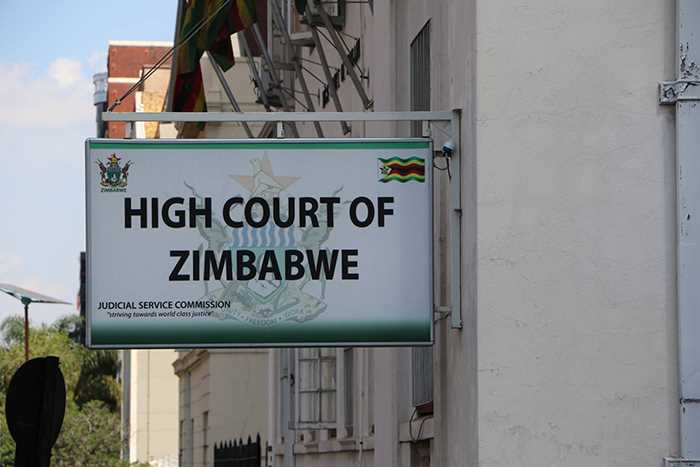
Nyashadzashe Ndoro
The High Court of Zimbabwe has been embroiled in a land dispute between Streamspace Incorporated, a property developer, and Hayes Construction.
The case centres around two pieces of land, stands 1374 and 1375, located in Mazowe Township.
Streamspace claims they were sold non-existent land by Hayes Construction. They allege the agreements were void as the seller either disposed of property they didn’t own or the property simply did not exist. Streamspace paid US$210 000 for the two plots and commenced development activities before encountering a police detail claiming the land belonged to a third party.
Further investigation revealed discrepancies. The Surveyor General’s office confirmed the stands did not exist, and the Ministry of Lands indicated the land belonged to the President of Zimbabwe under the Land Reform Programme.
Hayes Construction, however, contends they had transferable rights to the land acquired from Mazowe Rural District Council. They argue the agreements were perfected through cession, transferring rights from them to Streamspace.
Related Stories
The crux of the case lies in the ambiguity surrounding the land itself. The agreements describe the property inadequately, and none of the parties can definitively prove the existence or status of the stands. Mazowe RDC, though the administrative authority, also appears confused, attempting to rectify the situation through the court.
Justice Joseph Chilimbe, presiding over the case, highlighted the material dispute of fact and the shortcomings of the motion proceedings. While Streamspace is typically expected to present a clear case beforehand, the judge opted for a “robust approach” in the interests of justice.
The application has been referred to trial, allowing both parties to present full evidence regarding the legitimacy of the stands. The judge acknowledged the discretionary nature of the relief sought, emphasising the importance of accurate information for a fair resolution. The founding and opposing affidavits will serve as court documents, expediting the process.
“The present application be and is hereby referred to trial for resolution.
“The founding and opposing papers will constitute the summons, plea, replication, bundles and summaries, respectively.
“The parties here from progress the matter in terms of the rules. The question of costs be reserved for resolution in the main matter,” the judge ruled.
The remaining question of legal costs will be addressed during the main trial. This complex land dispute awaits further development as the court delves deeper into the mystery surrounding stands 1374 and 1375.

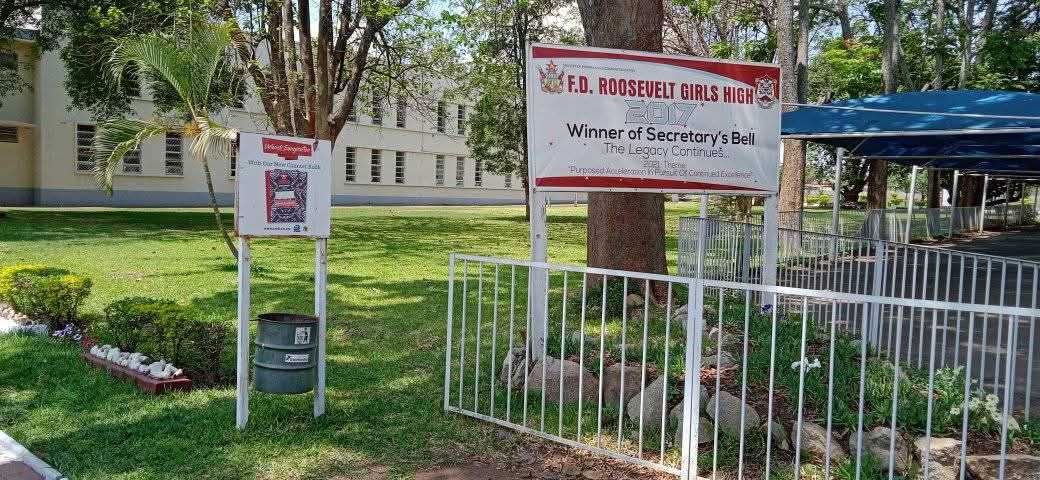


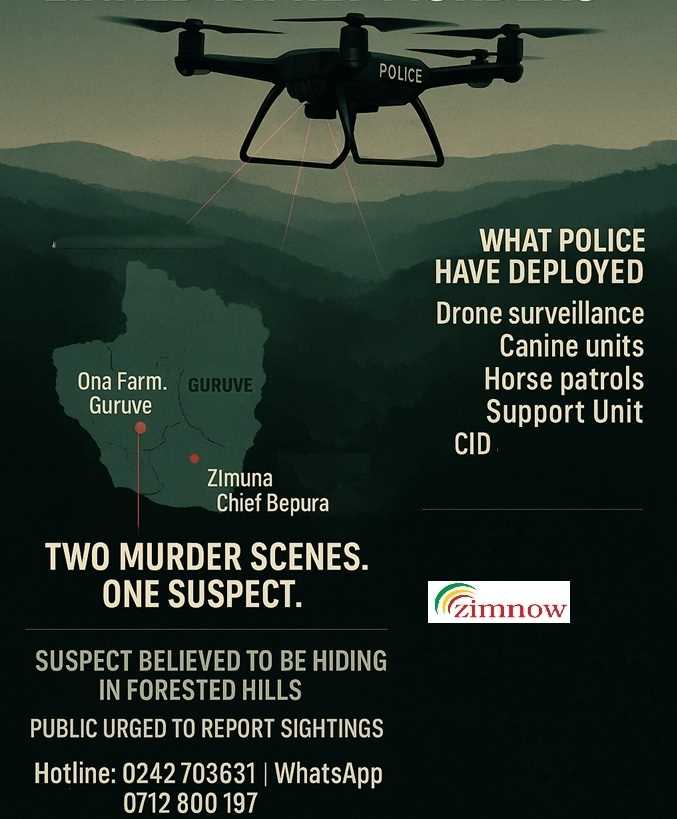


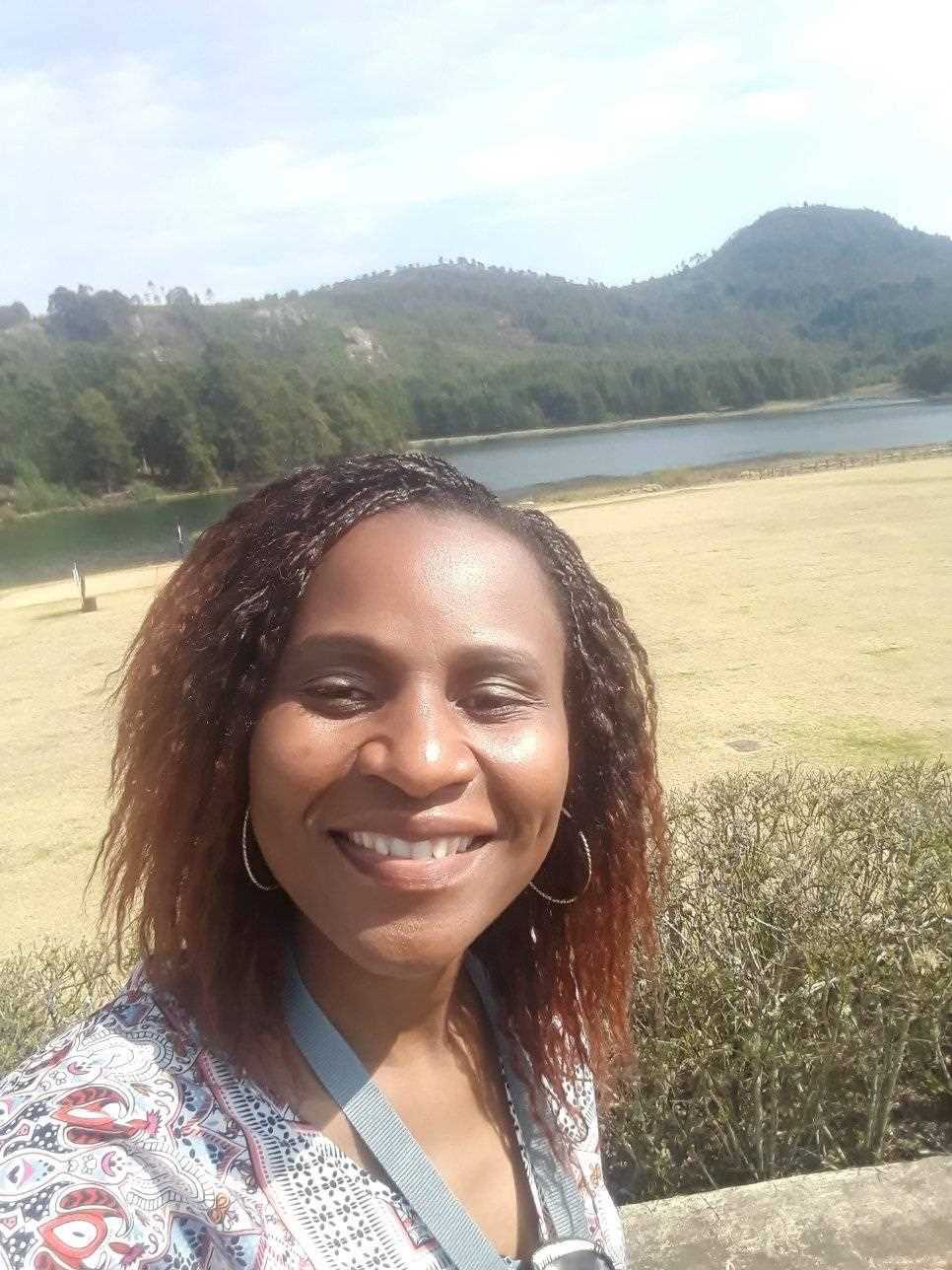


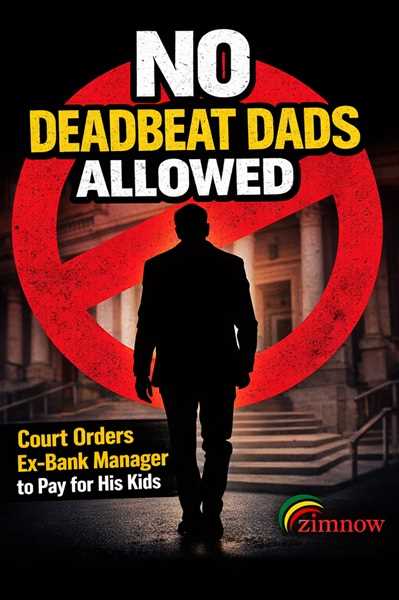
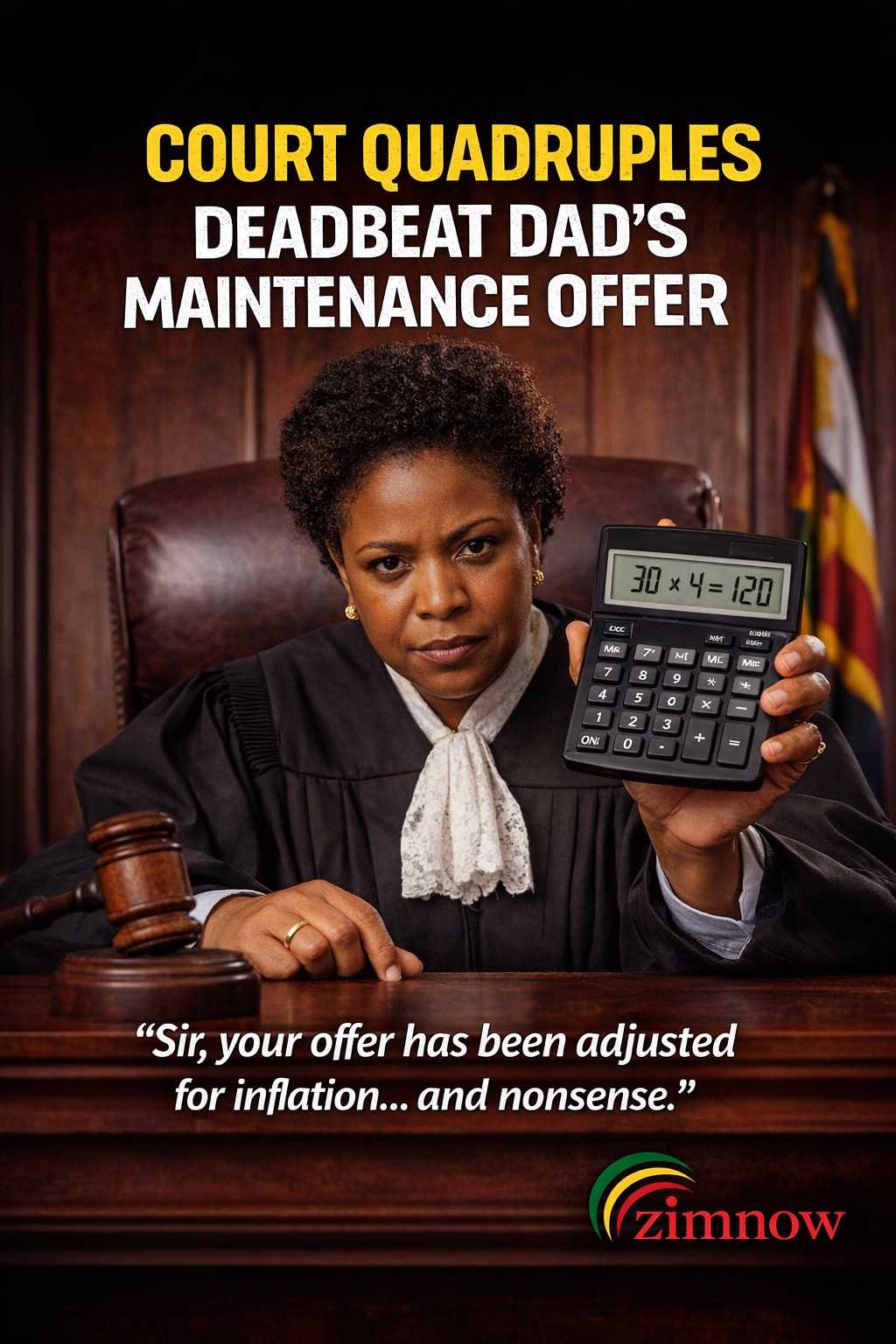



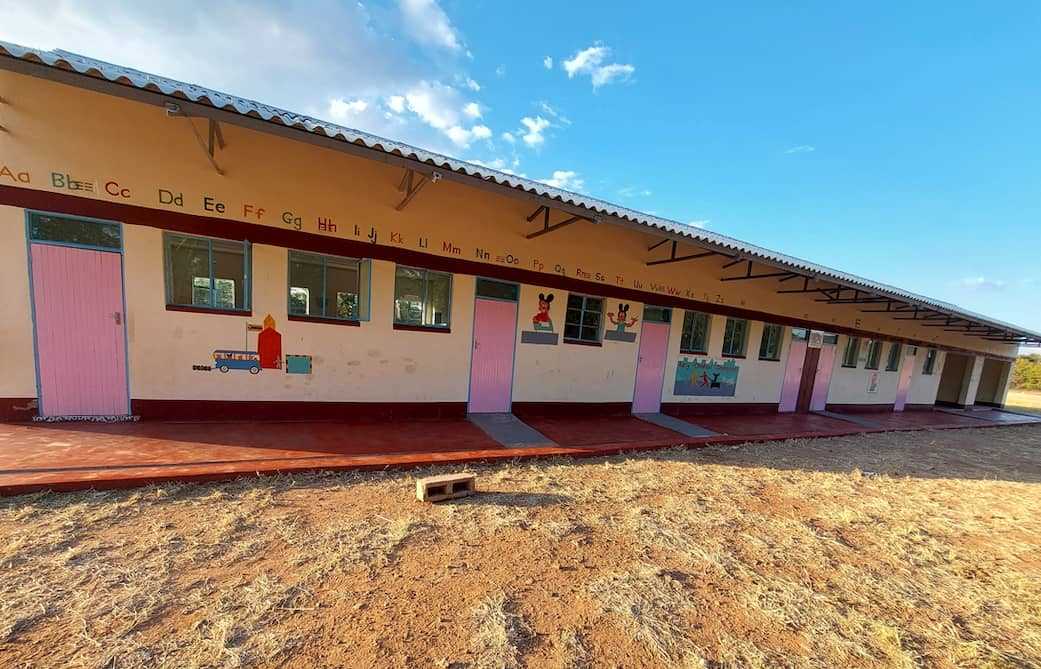



Leave Comments